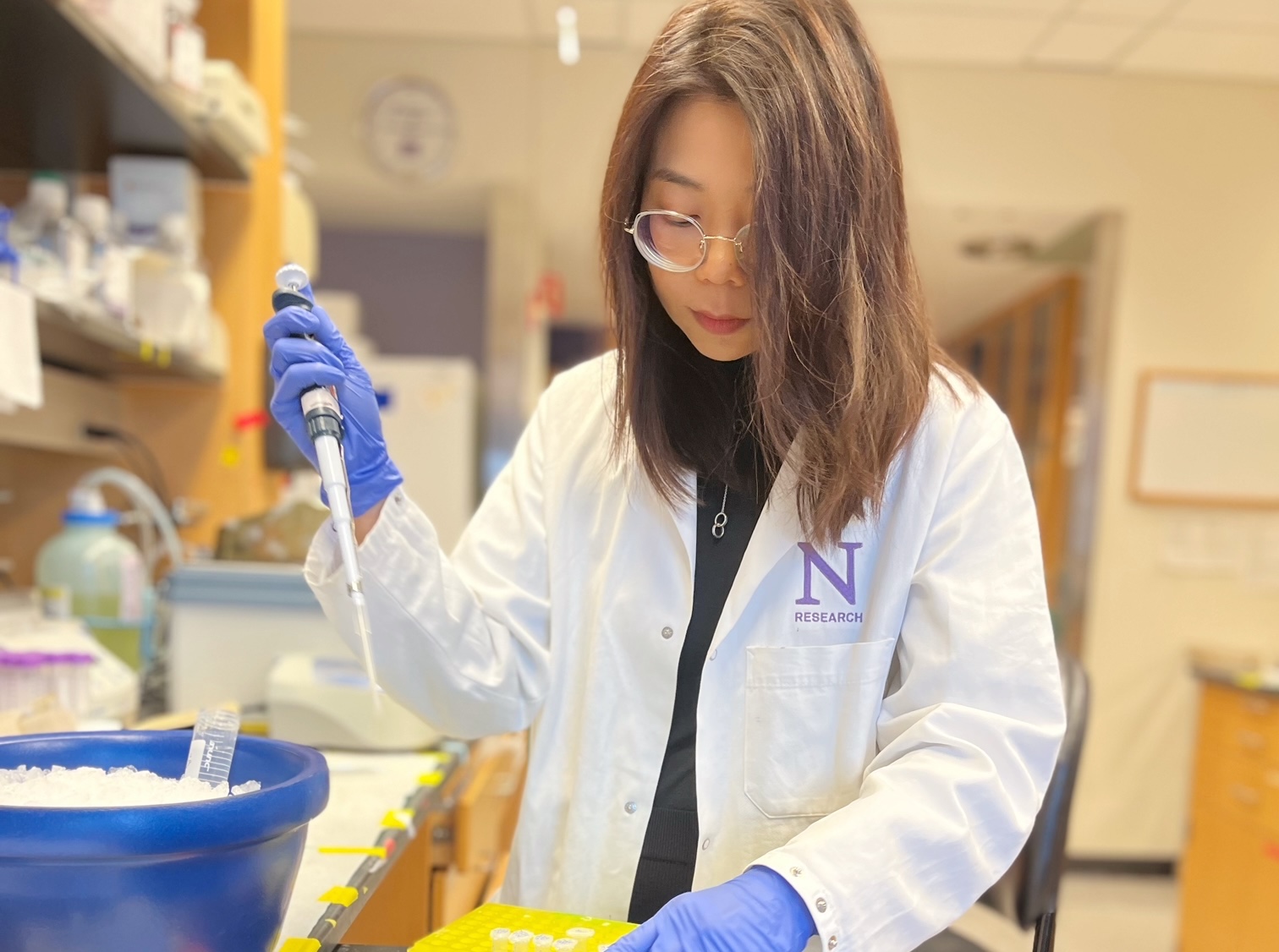08/17/2011
Researchers in the United Kingdom have discovered a new genetic mutation that increases the risk for ovarian cancer. This major finding was published online in the journal Nature Genetics on August 7th.
Much like the BRCA1 and BRCA2 mutations, which were discovered in the 1990s and which also increase a woman’s risk for ovarian cancer, those who carry this newly discovered mutation, called RAD51D, have a far greater chance—1 in 11—of developing the disease. Unlike the BRCA mutations, it doesn’t appear that the RAD51D mutation increases risk for breast cancer.
No commercial test for RAD51D is currently available, but researchers hope that one will be in the next few years. A test for the RAD15D mutation could allow women who have a family history of ovarian cancer to consider preventative strategies to reduce their risk of developing the disease.
Furthermore, researchers are optimistic that drugs to specifically target this mutation will be available. In early studies, PARP inhibitors, which are currently being investigated in BRCA-deficient ovarian cancers, have shown promise in treating RAD51D related ovarian cancer as well.


